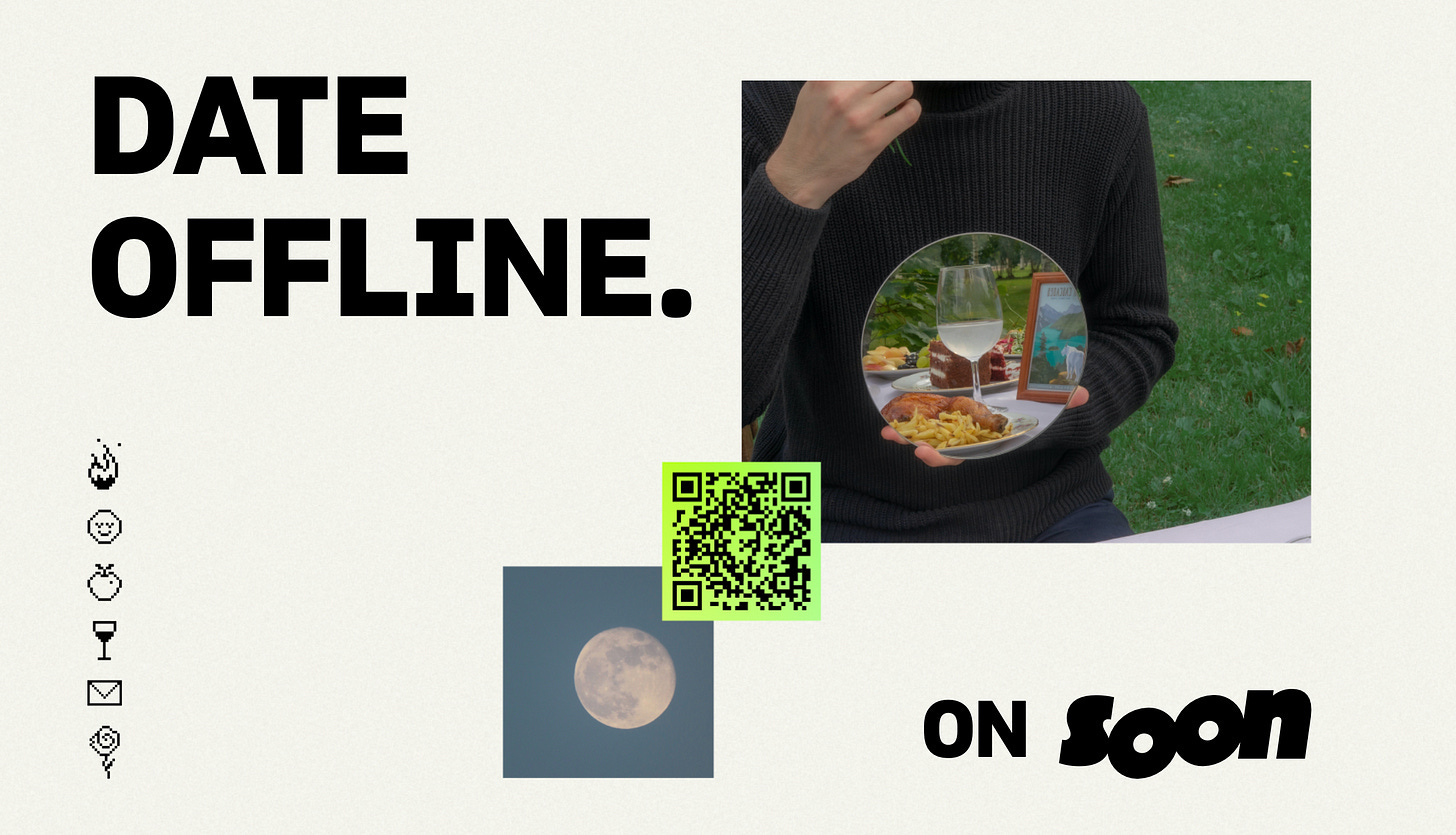Technological progress has consistently driven change and adaptation. About fifteen years ago, the rise of mobile applications marked a digital revolution, positioning platforms like the App Store at the forefront of our everyday interactions.
In recent years, the mobile app landscape has seen a distinct shift. While the App Store's revenues continue to rise, Appfigures points to a downturn in app downloads. Additionally, in the third quarter of 2022, a Statista chart revealed that the App Store hosted "only" 1.64 million apps, marking a significant 25% drop from the previous quarter. Similarly, the Play Store hasn't been immune, with app counts dropping for the last two years. Could this be due to more stringent policies from Apple and Google, surging competition, or perhaps users seeking less screen time? The recent uptick in dumbphone sales might also be a contributing factor.
Recently, I pointed out a steep drop in downloads for the top 10 meditation apps, with a 75% decrease in downloads and 61% fewer sessions since 2021. Interestingly, alongside this, the search query "meditation centre near me" saw an 82% surge on Google in just a year. This leads me to wonder: is it the appeal of meditation that's diminishing, or just the medium through which it's delivered?
Moreover, several news items caught my attention this week. Notably, I discovered two intriguing apps, Breeze and Soon, which are billed as "offline dating" tools.
Here, airplane mode isn't the focus. These apps champion real-life, face-to-face encounters, leveraging digital tools as a gateway to genuine human connection. They take a stand against the prevalent toxic behaviors on dating platforms by ensuring profiles undergo thorough human vetting, and they reduce ghosting with a prepaid system at affiliated bars. Amid our hyper-connected era, the idea serves as a reminder: life, in its richest form, extends well beyond pixels.
Entrepreneur Maxime Barbier is a staunch advocate for this offline existence. In his recent newsletter, he shares the rollercoaster journey of his startup, Timeleft. Launched in April 2020, the app initially aimed to reignite everyone's dormant dreams. But as they delved deeper into their test and learn phase, the team discerned that the real mission was reconnecting people. Yet, even with a $2 million backing for its U.S. rollout, the venture faced challenges. Come May 2022, after an unfruitful stint in Lisbon, Timeleft took a new direction, bidding farewell to the app.
In its revamped version, Timeleft sets up dinners with strangers, all organized through a straightforward online questionnaire. Sleek, uncomplicated, and straight to the point. Bypassing the typical overload of apps, this direct approach quickly resonated in Lisbon and Porto. In just 14 weeks, its community grew to 17,000 members, and now Timeleft is making its comeback in Paris, setting its sights on global expansion.
What do these examples tell us? They reflect a sense of nostalgia, a "return to reality," to the tangible, as I've been persistently noting for several months. However, one insight from Appfigures adds some nuance, noting that while most apps are experiencing a decline in downloads, giants like Facebook remain unshaken.
Maybe it's less about distancing from apps and more about refining our digital realms, toggling between ‘unbundling’ and ‘rebundling.’ As the appetite for tangible experiences grows, there's a noticeable tilt towards digital consolidation. Are we on the cusp of a "super app" revolution that could also alleviate our digital mental strain? If there's ever a perfect time to market, this might be it.
Elon Musk's rebranding, as debatable as it is bold, seems to be a telling sign of what's to come. He's not alone; with Meta eagerly weaving e-commerce into its ecosystems and amplifying its services. But the dynamics have changed since their rise in the 2000s, likely driving them to morph into multifunctional utility conglomerates. Perhaps their updated mission is this? To streamline daily life for users increasingly connected... to the real world.
MD







and yet, the appstore itself is bigger than most Fortune 500 companies 🤯 https://k7v.in/the-future-of-consumer-subscriptions